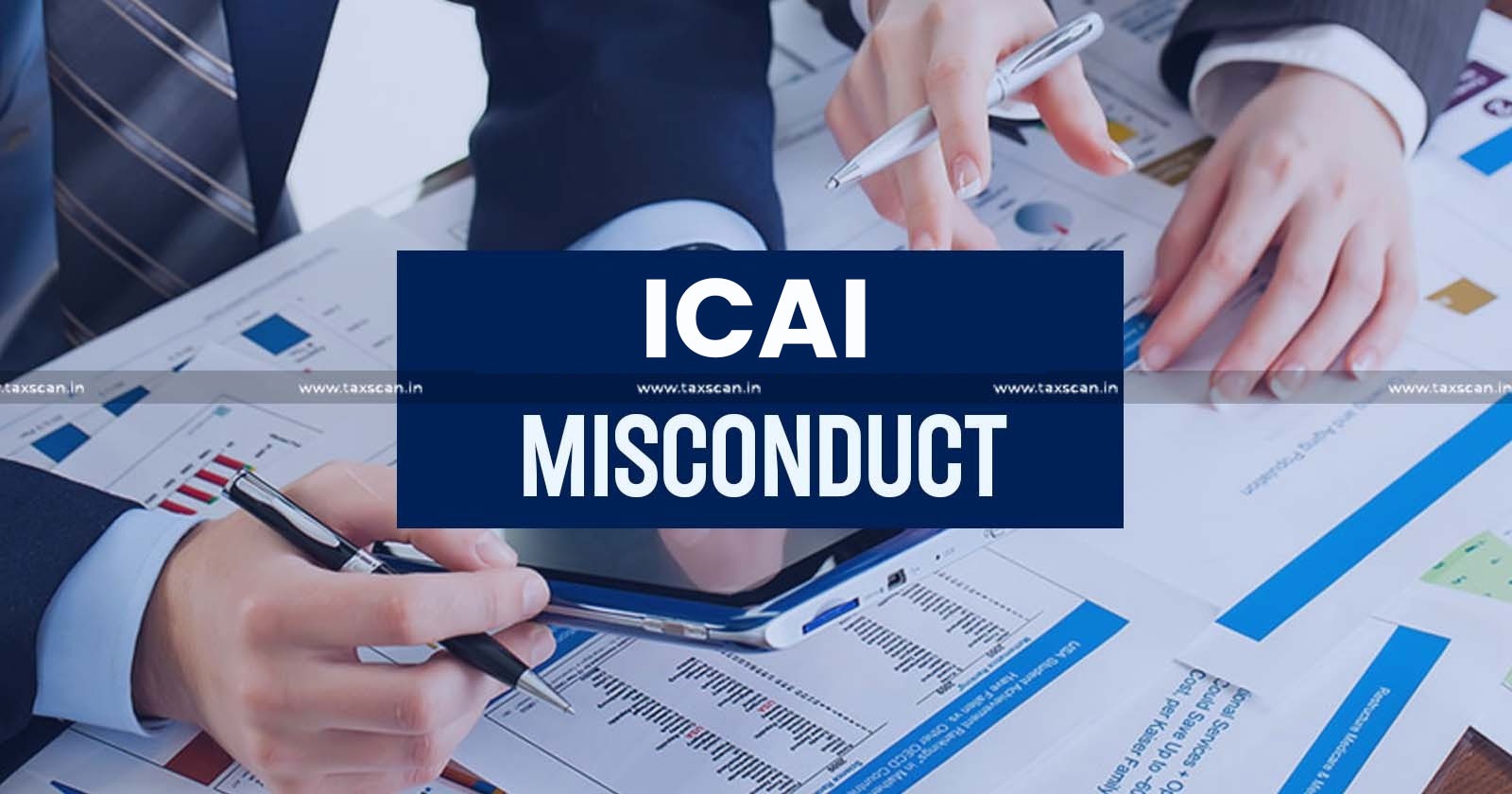Mansoor Ahmad Mir, C.J. (Oral)—Both these appeals are the outcome of common award, dated 8th December, 2010, passed by the Motor Accident Claims Tribunal(II), Shimla, H.P., (for short, the Tribunal), whereby compensation to the tune of Rs.5,50,000/- with interest at the rate of 7.5% per annum, from the date of filing of the claim petition till payment, came to be awarded in favour of the claimants and the insurer was saddled with the liability, (for short the "impugned award") 2. The owner/insured and the driver have not questioned the impugned award on any count, thus, the same has attained finality so far as it relates to them 3. Feeling aggrieved, the claimants, by way of FAO No. 68 of 2011, have questioned the impugned award on the ground of adequacy. The insurer has also questioned the impugned award by the medium of FAO No. 159 of 2011 on the ground that the amount of compensation awarded by the Tribunal is excessive 4. Thus, the only question to be determined in these appeals is � Whether the amount awarded by the Tribunal is adequate? 5. Since both the appeals arise out of common award, therefore, the same are taken up together for final disposal 6. Heard learned counsel for the parties and have gone through the record 7. During the course of hearing, the learned counsel for the insurer has confined his argument to the extent that the multiplier applied by the Tribunal is on the higher side. The deceased was 19 years of age at the time of death. The Tribunal has wrongly applied the multiplier of 18, in view of the dictum of the Apex Court in Sarla Verma (Smt.) and others v. Delhi Transport Corporation and another, (2009) 6 SCC 121, which decision was also upheld by the larger Bench of the Apex Court in Reshma Kumari and others v. Madan Mohan and another, 2013 AIR (SCW) 3120 read with the 2nd Schedule attached with the Act 8. The Apex Court in its latest decision in Munna Lal Jain and another v. Vipin Kumar Sharma and others, JT 2015(5) SC 1, has held that while applying the multiplier, only the age of the deceased has to be taken into consideration. It is apt to reproduce paragraphs 12 and 14 of the said decision hereunder:
"12. The remaining question is only on multiplier. The High Court following Santosh Devi (supra), has taken 13 as the multiplier. Whether the multiplier should depend on the age of the dependants or that of the deceased, has been hanging fire for sometime; but that has been given a quietus by another three-Judge Bench decision in Reshma Kumari (supra). It was held that the multiplier is to be used with reference to the age of the deceased. One reason appears to be that there is certainty with regard to the age of the deceased but as far as that of dependants is concerned, there will always be room for dispute as to whether the age of the eldest or youngest or even the average, etc., is to be taken. To quote:
"36. In Sarla Verma, this Court has endeavoured to simplify the otherwise complex exercise of assessment of loss of dependency and determination of compensation in a claim made under Section 166. It has been rightly stated in Sarla Verma that the claimants in case of death claim for the purposes of compensation must establish (a) age of the deceased; (b) income of the deceased; and (c) the number of dependants. To arrive at the loss of dependency, the Tribunal must consider (i) additions/deductions to be made for arriving at the income; (ii) the deductions to be made towards the personal living expenses of the deceased; and (iii) the multiplier to be applied with reference to the age of the deceased. We do not think it is necessary for us to revisit the law on the point as we are in full agreement with the view in Sarla Verma."
xxxxxxx xxxxxxxx xxxxxxxxxx
14. The multiplier, in the case of the age of the deceased between 26 to 30 years is 17. There is no dispute or grievance on fixation of monthly income as Rs.12,000.00 by the High Court."
9. Having regard to the above discussion, multiplier of 16 is just and appropriate in the instant case and is applied accordingly 10. Learned counsel for the claimants argued that ⅓rd amount was to be deducted towards the personal expenses of the deceased and that the Tribunal has wrongly deducted 50% amount from the income of the deceased towards his personal expenses 11. The argument is devoid of any force for the simple reason that it is an admitted case that the deceased, at the time of death, was a bachelor. Therefore, in terms of the mandate of the Apex Court in Sarla Verma�s case (supra), 50% was to be deducted towards the personal expenses of the deceased. Accordingly, the contention raised by the learned counsel for the appellant is rejected 12. The Tribunal, after making detailed discussion in paragraph 18 of the impugned award, has rightly assessed the monthly income of the deceased at Rs.5,000/-. After making 50% deduction towards the personal expenses of the deceased, the Tribunal has rightly assessed the monthly loss of source of dependency to the claimants to the tune of Rs.2,500/- 13. In view of the above discussion, the impugned award is modified and the claimants are held entitled to Rs.2,500/- x 12 x 16 = Rs.4,80,000/- under the head loss of source of dependency. In addition, Rs.10,000/- each (i.e. Rs.30,000/-), under the heads �loss of love and affection, �loss of estate� and funeral charges� are also awarded in favour of the claimants 14. In all, a sum of Rs.4,80,000/- + Rs.30,000/- = Rs.5,10,000/-, is awarded in favour of the claimants 15. The Registry is directed to release the amount in favour of the claimants, along with interest, strictly in terms of the impugned award. Excess amount, if any, be refunded to the insurer through payees account cheque 16. Having said so, the impugned award is modified, as indicated above and both the appeals are disposed of

